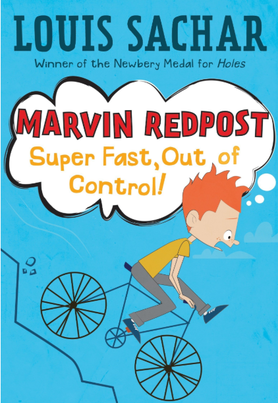Social Emotional Learning Library
This blog helps parents and teachers identify entertaining books for children that enable them to develop the following abilities:
Identify feelings
Manage feelings
Develop healthy, rewarding relationships
Resolve interpersonal conflicts
Problem solve to make responsible decisions
Understand the consequences of good and not so good decisions
Identify feelings
Manage feelings
Develop healthy, rewarding relationships
Resolve interpersonal conflicts
Problem solve to make responsible decisions
Understand the consequences of good and not so good decisions


